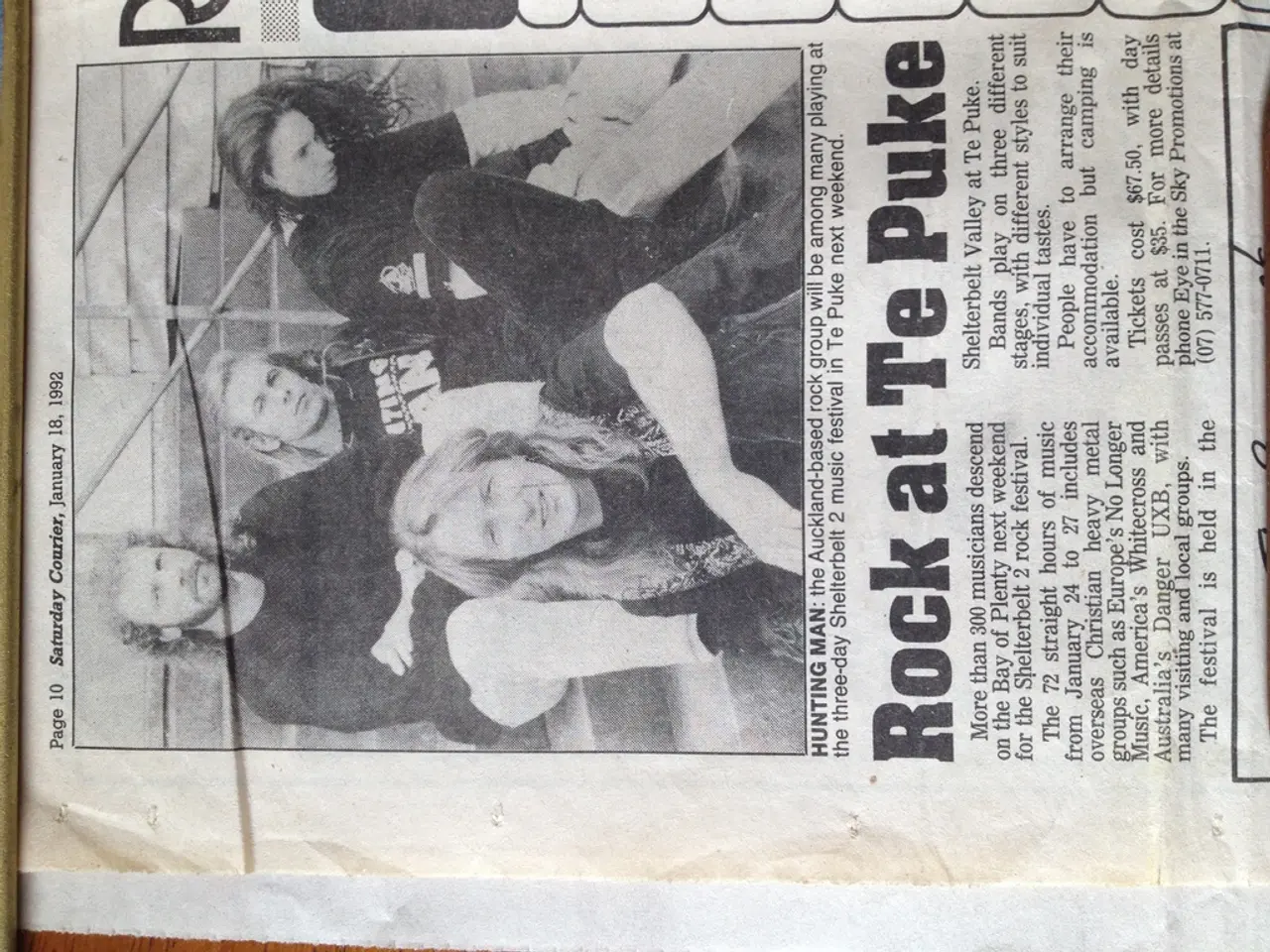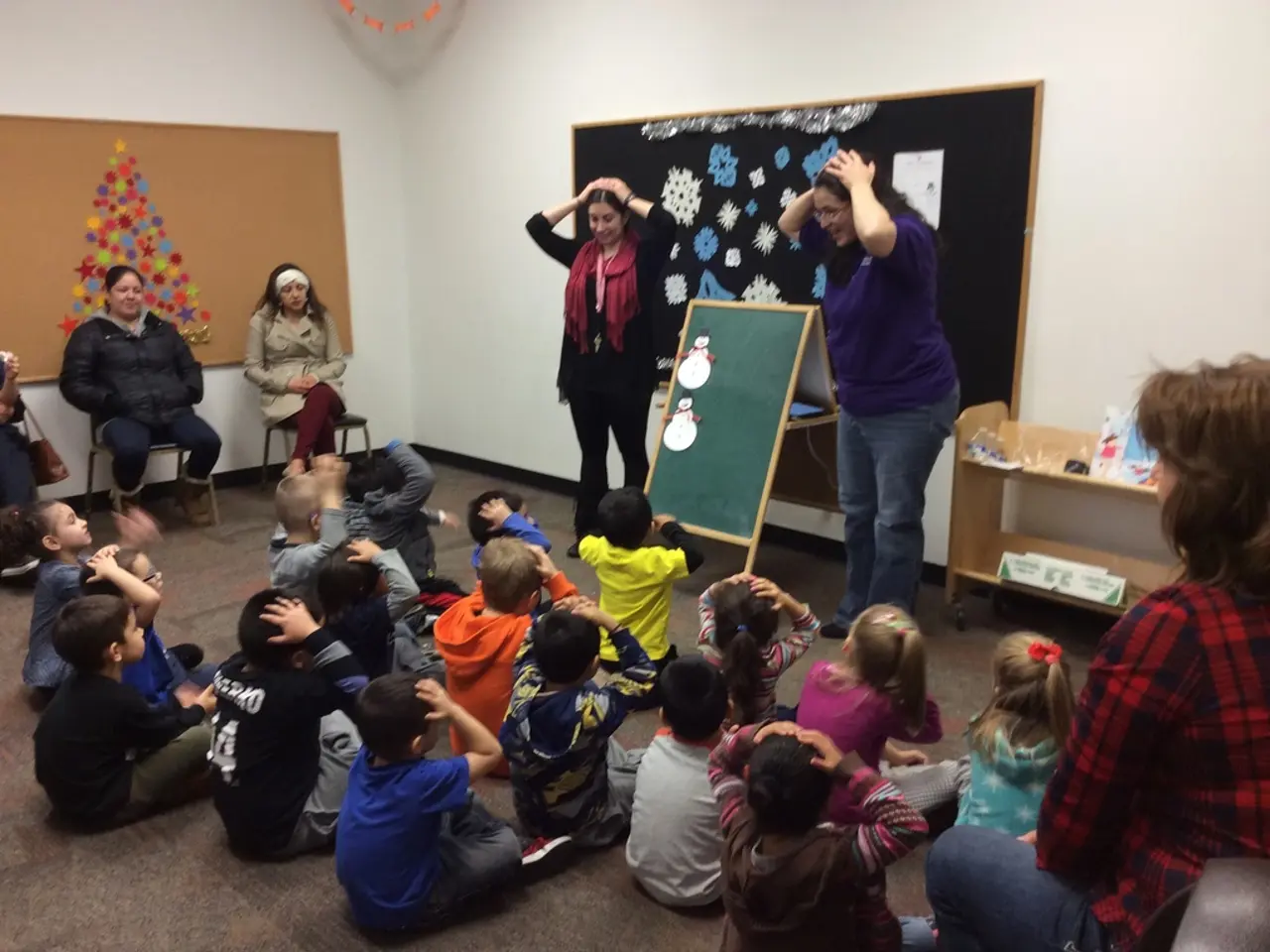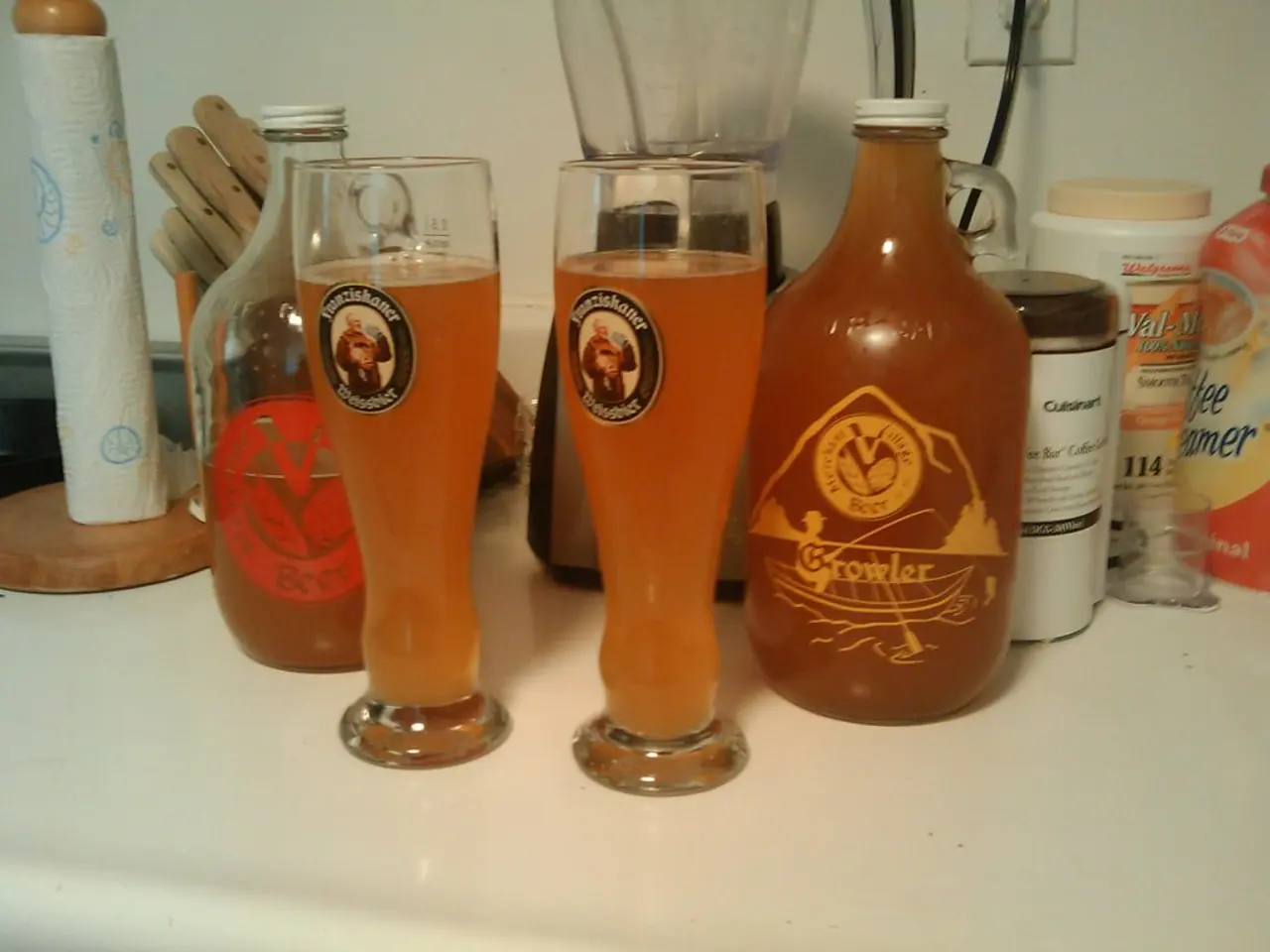The intricate process of opinion development decoded: A complication broken down
In the digital age, social media platforms like Twitter have become a significant force in shaping public opinion. They offer a platform for individuals to express their subjective feelings and experiences of the world, while also connecting people from diverse backgrounds.
One of the key ways in which social media influences public opinion is through the creation of echo chambers and filter bubbles. These environments, fostered by social media platforms, encourage users to engage primarily with like-minded individuals, thereby limiting exposure to diverse or opposing viewpoints. This reinforcement of preexisting beliefs and ideologies can lead to more extreme and polarized opinions, hindering critical discourse and reducing the likelihood of encountering counterarguments.
Users tend to share political news and information that align with their own beliefs and that they believe will be endorsed by their social circles. This selective sharing is often driven by social motivations, such as affirming one’s political identity and group belonging. The perceived political orientation of an audience influences users’ willingness to share partisan or even false news, which in turn shapes the political discourse on social media and molds public opinion to be more partisan and affectively polarized.
Twitter also enables direct, unmediated interaction between political actors and citizens. This transformation allows political messages to spread quickly and widely, influencing public perception on a massive scale. However, the speed and scale of dissemination provide opportunities for increased democratic participation but also introduce vulnerabilities to manipulation, including foreign interference in electoral processes.
Social media, alongside mass media, plays a crucial role in making individuals aware of the opinions of others and political leaders. This awareness can activate latent attitudes, prompting people to formulate or adjust their opinions and take collective actions, such as voting or protest participation.
Beyond politics, social media exposes users to diverse cultures and lifestyles, potentially fostering empathy and broader understanding. This global exposure can influence public opinion by promoting respect and open-mindedness toward different perspectives.
However, social media platforms also play a role in the formation and survival of 'in-groups'. These are social groups that an individual recognizes themselves as belonging to, while an 'out-group' is anyone outside of that established social group or anyone that threatens the continued survival of that social group. Negative opinions are commonly formed regarding 'out-groups' to maintain the status quo and to help strengthen the cohesion of the group.
In conclusion, while social media offers numerous benefits, such as increased democratic participation and cultural exposure, it also poses risks, such as deepening polarization and spreading misinformation. It is essential for users to be aware of these impacts and strive for balanced and informed discourse to foster a more open and inclusive society.
[1] Pariser, E. (2011). The Filter Bubble: How the New Personalized Web is Changing What We Read and How We Think. Penguin Press. [2] Flaxman, S., Marlow, C., & Menczer, F. (2016). Filter bubbles, echo chambers, and online news consumption. Science, 352(6286), 1130–1132. [3] Shapiro, C., & DellaVigna, S. (2014). Do online political ads influence election outcomes? Evidence from a field experiment. American Journal of Political Science, 58(4), 747–760. [4] O'Sullivan, A., & Manning, P. (2014). The role of social media in political mobilization and collective action. Political Research Quarterly, 67(3), 629–641. [5] Iyengar, S. (2011). Is social media making us smarter? The New York Times. Retrieved from https://www.nytimes.com/2011/09/11/opinion/is-social-media-making-us-smarter.html
- The creation of echo chambers and filter bubbles on social media, such as Twitter, can lead to more extreme and polarized opinions, limiting exposure to diverse viewpoints and hindering critical discourse.
- Users on social media platforms tend to share political news and information that align with their own beliefs, often driven by social motivations like affirming political identity and group belonging.
- Twitter enables direct interaction between political actors and citizens, influencing public perception on a massive scale, but also introduces vulnerabilities to manipulation, including foreign interference in elections.
- Social media, along with mass media, plays a crucial role in shaping public opinion by making individuals aware of political leaders' opinions and activating latent attitudes.
- Social media platforms can also foster 'in-group' behaviors, where negative opinions are commonly formed regarding 'out-groups' to maintain group cohesion and status quo.







